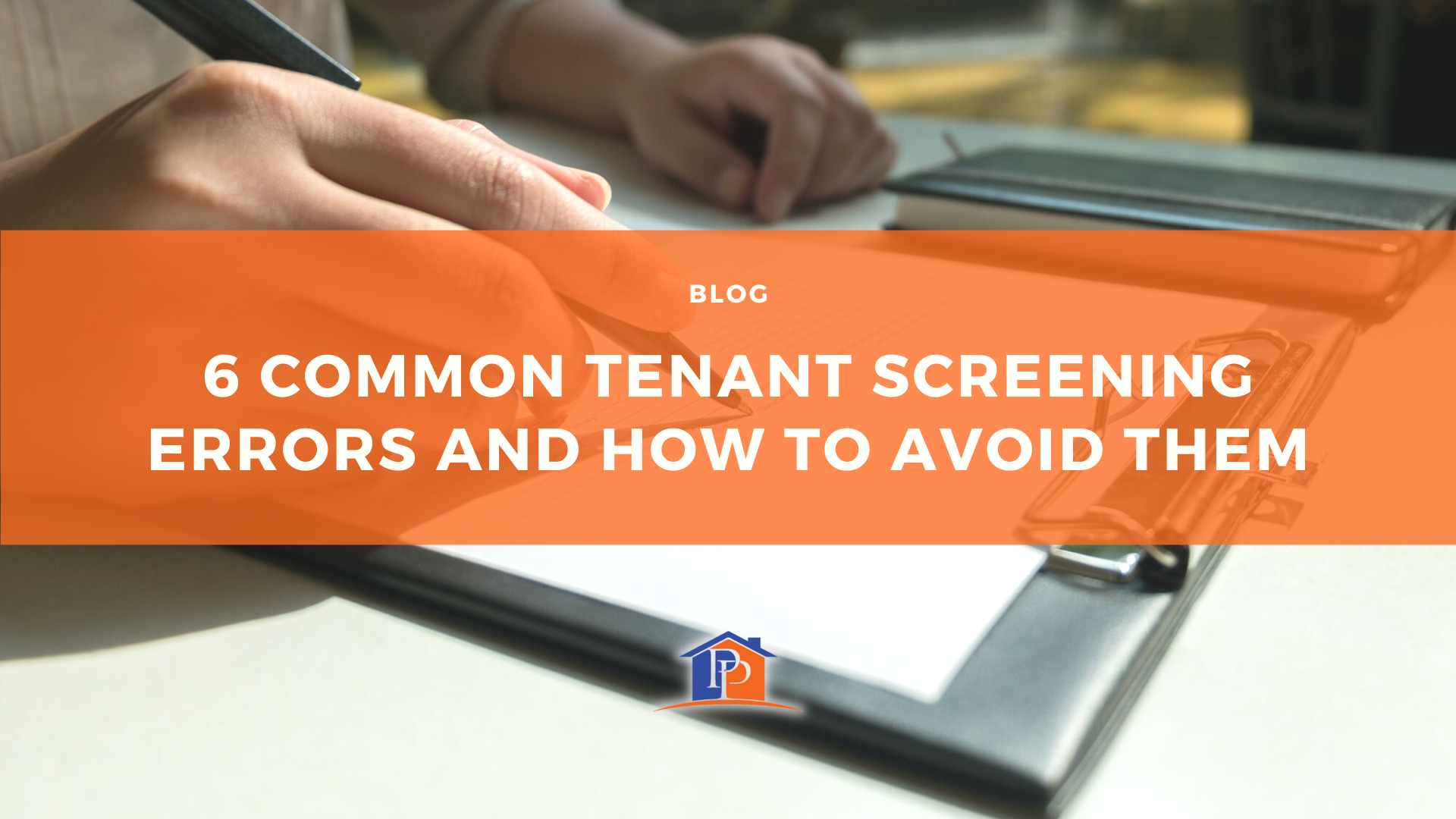Did you know that only about 80 percent of tenants pay their rent on time?
If you are tired of dealing with tenants who are not able to pay their rent, it is a good idea to improve your tenant screening efforts.
This will help to ensure that you are renting your property to reliable tenants who will take care of your property. But it is important to understand how to properly screen your tenants.
To help you to understand the most common tenant screening errors, we have put together a guide. Keep reading to find out more.
1. Entirely Skipping the Tenant Screening Process
Skipping the tenant screening process can lead to renting to irresponsible tenants who may not pay rent on time, or who may damage the property.
Skipping the tenant screening process can also put you at risk of legal issues and financial losses.
2. Not Having a Rental Application Form
A rental application allows landlords to collect important information about potential tenants. This includes their employment and rental history, credit score, and references.
Without a rental application, landlords may not have a complete picture of a potential tenant's background and may not be able to make an informed decision about whether they are a good fit for the property.
3. Not Completing Background Checks for Tenants
A background check can help landlords uncover any criminal history or other red flags that may not have been disclosed on a rental application.
To conduct a background check, landlords can use a professional service or do it themselves by searching public records and databases.
4. Not Creating Tenant Interview Questions
An in-person or over-the-phone interview can provide landlords with valuable insights into a potential tenant's personality, communication style, and overall fit for the property.
If you don't take the time to interview potential tenants, you'll risk inviting untrustworthy people to live in your apartments or houses.
5. Not Asking for Proof of Income
Without verifying a tenant's income, landlords may risk renting to someone who may struggle to make timely rent payments or who may default on their lease.
To verify a tenant's income, landlords can ask for pay stubs, tax returns, or other documents that provide proof of income.
6. Not Checking References
By failing to check references, landlords may not have a complete picture of a tenant's background and may be at risk of renting to someone who may not be a good fit for the property.
When you are checking references, make sure to follow up on these references and ask specific questions about the applicant's rental and work history, as well as their overall impression of the applicant.
Understand the Common Tenant Screening Errors
If you want to find the right tenants, it is important to familiarize yourself with the most common tenant screening errors.
Make sure to complete background checks and create a rental application form.
Do you need help managing your property in Miami? If so, don't hesitate to visit our Services page to find out more about how we can assist you!

 Login
Login

